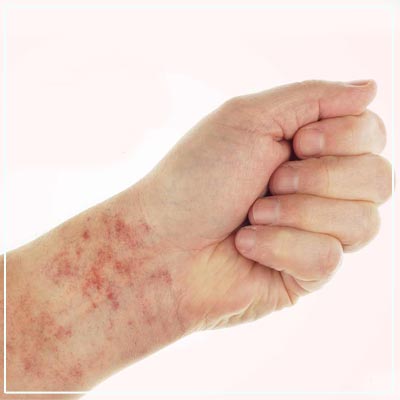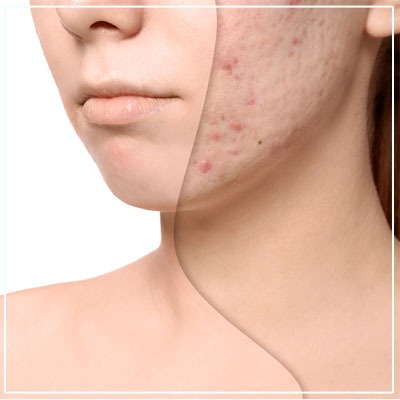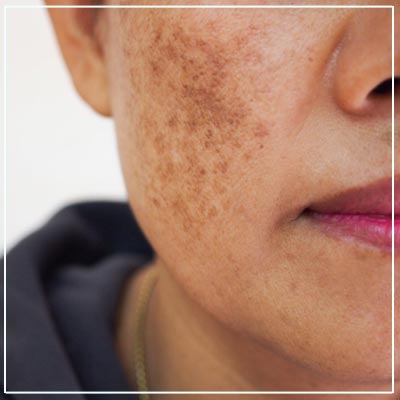The exact cause of lichen planus is not fully understood, but it likely results from a combination of factors:
- Autoimmune Reaction: Lichen planus involves an abnormal immune response, where the immune system mistakenly attacks healthy skin cells or mucous membranes.
- Genetic Predisposition: There may be a genetic predisposition, occurring in families. It is not directly inherited, and environmental factors also play a role.
- Inflammatory Response: Triggers like infections, medications, or environmental factors can induce an inflammatory response leading to lichen planus lesions.
- Viral Infections: Some cases may be linked to viral infections, especially hepatitis C. The relationship between viral infections and lichen planus is complex.
- Drug Reactions: Certain medications, such as beta-blockers, pain relievers, or hypertension drugs, may trigger lichen planus.
- Stress: While not a direct cause, stress can exacerbate lichen planus symptoms. Stress management techniques are beneficial.
Lichen planus is not contagious and can’t be transmitted through direct contact. If experiencing symptoms, seek medical attention for an accurate diagnosis and appropriate management from a dermatologist or healthcare professional. Treatment options are available to alleviate symptoms and reduce inflammation.
Elevate your skin health with Dr. Deepam Shah, a top dermatologist in South Mumbai. Book your appointment now for personalized skincare.




